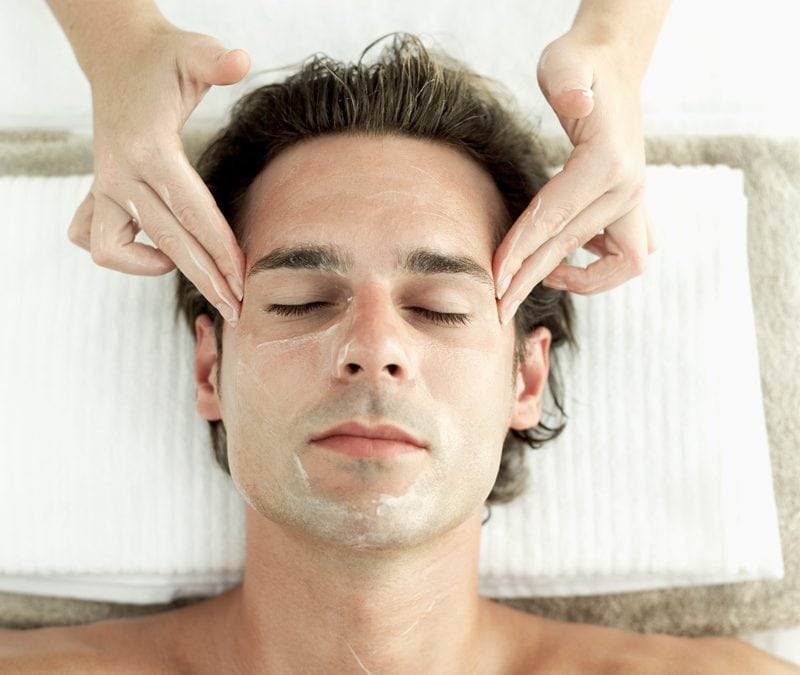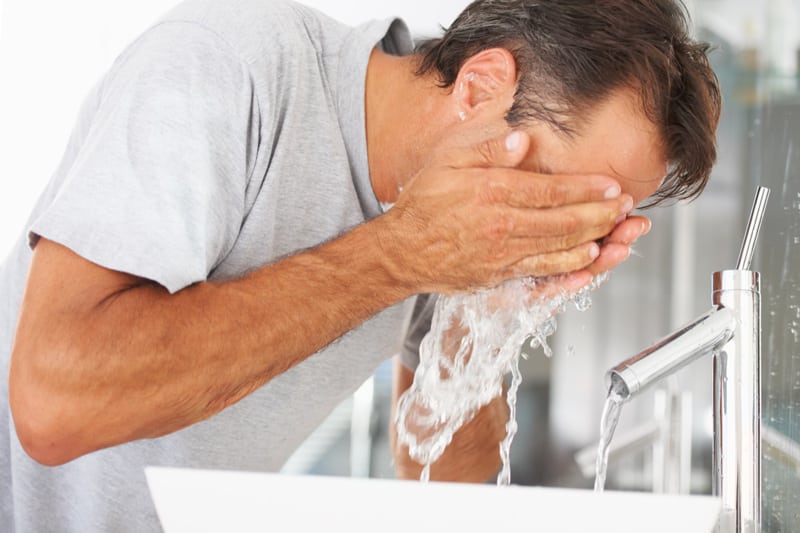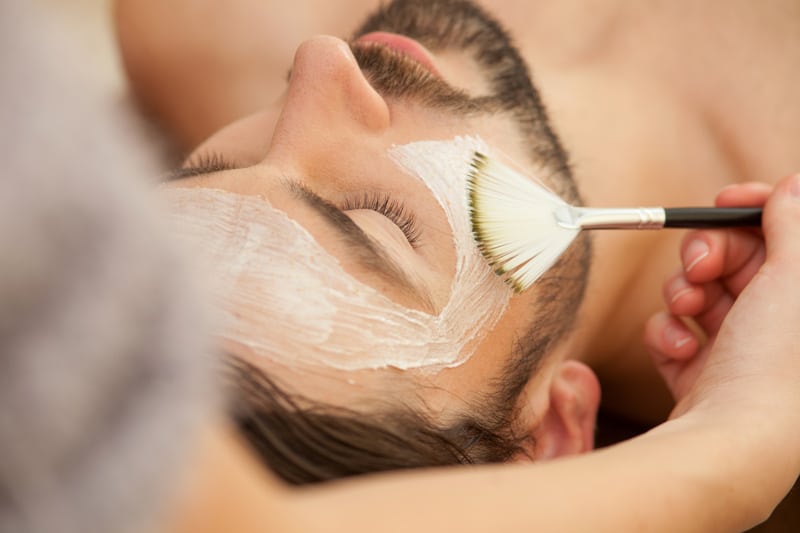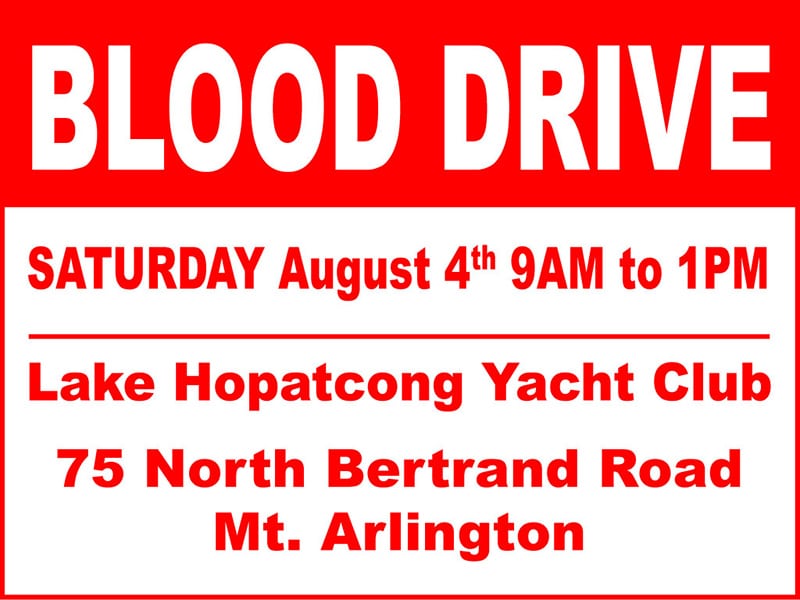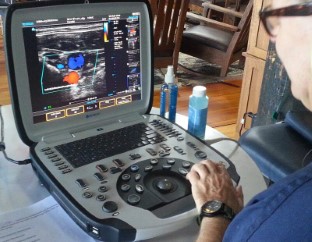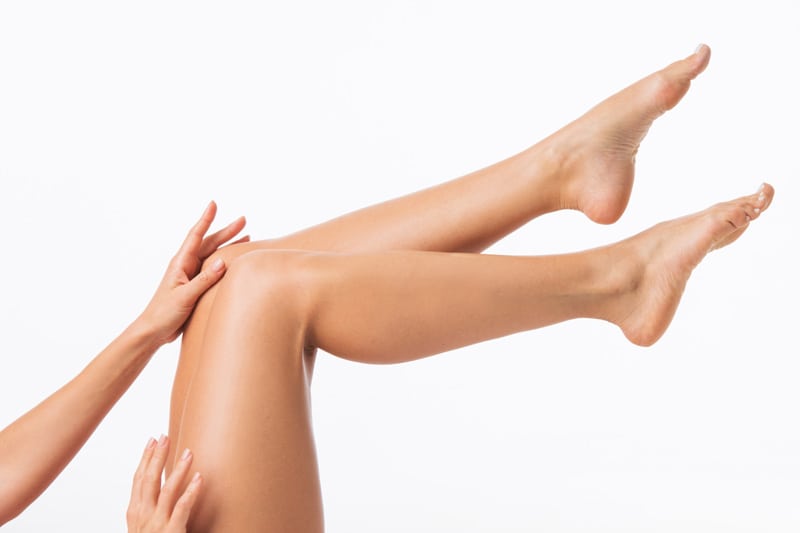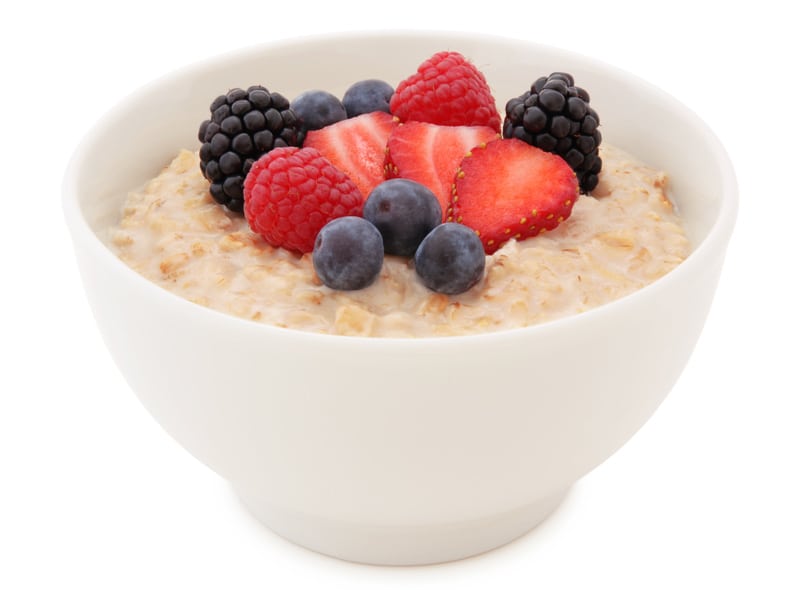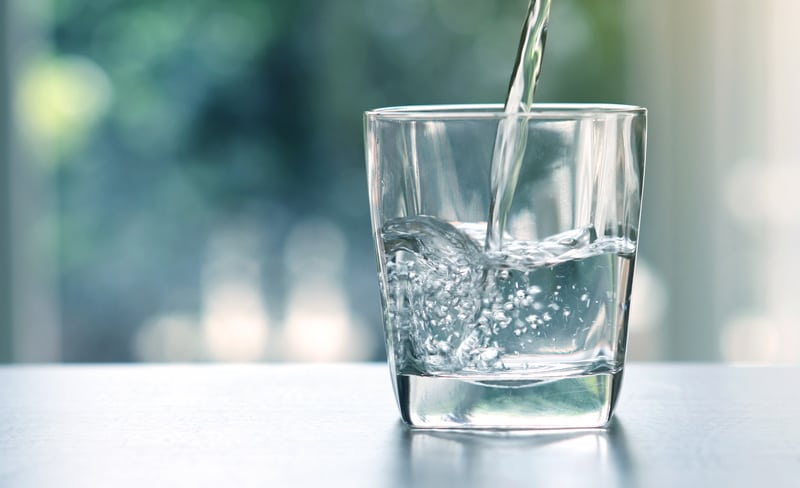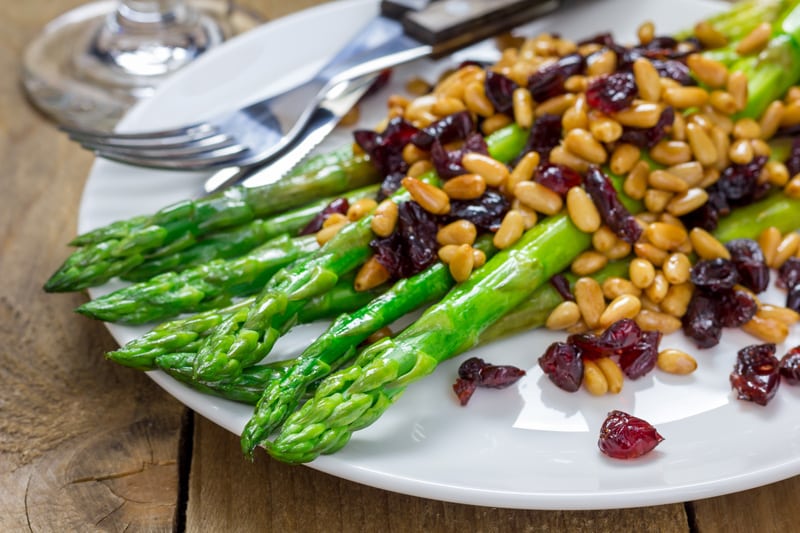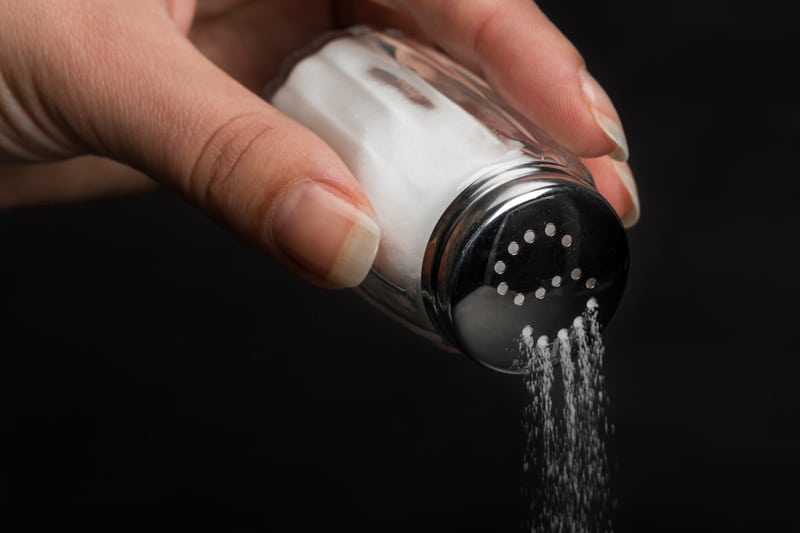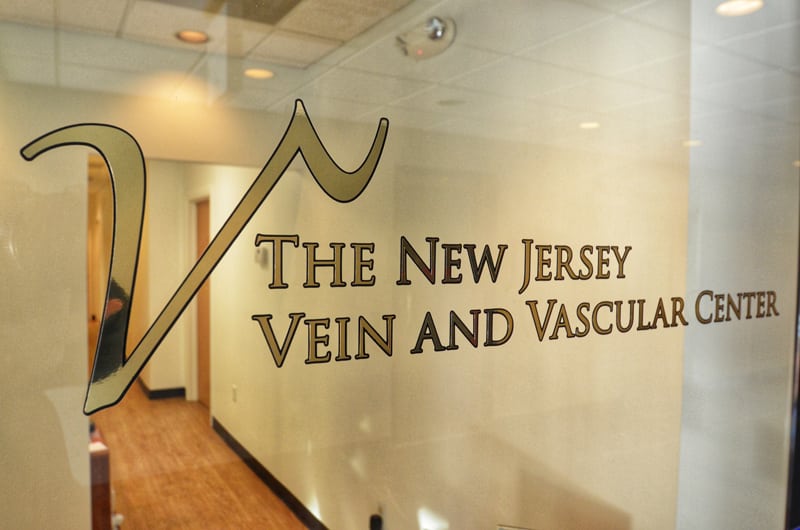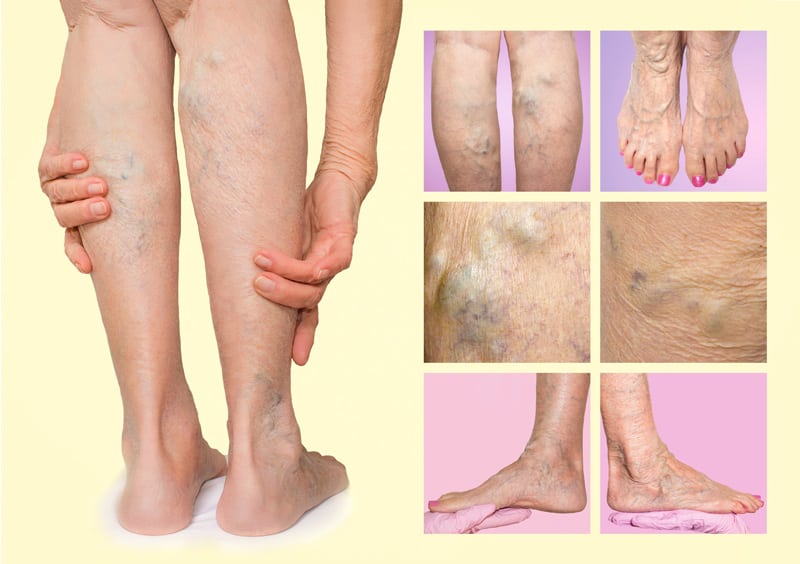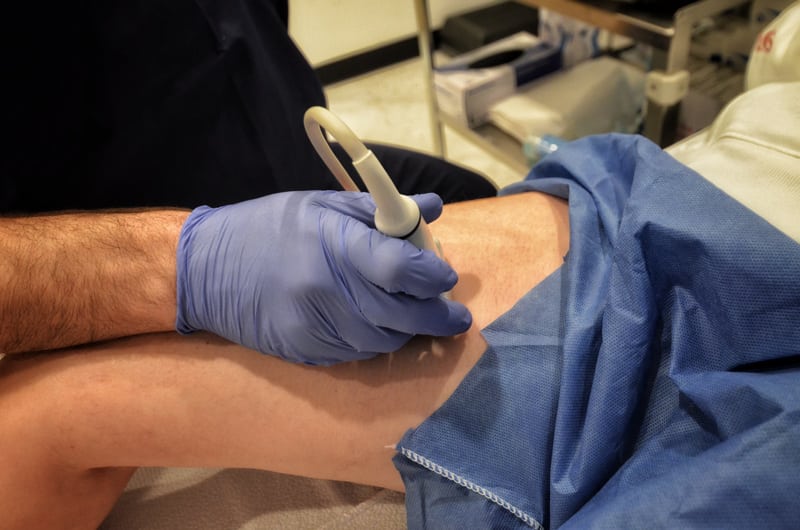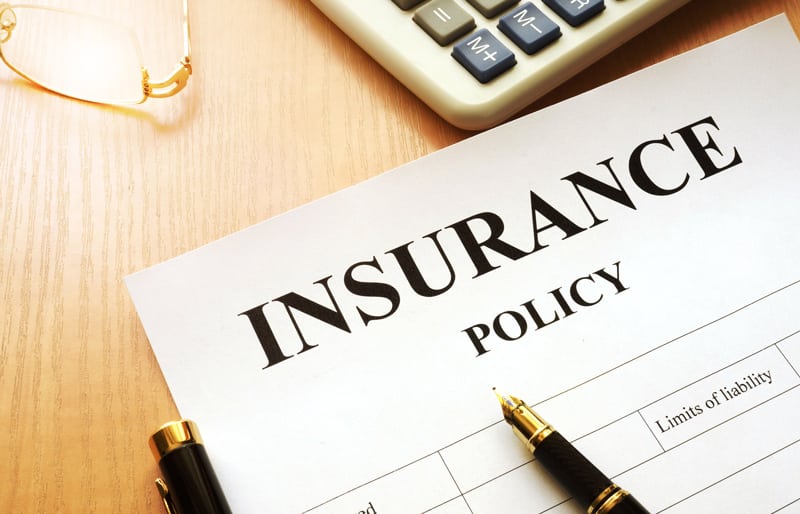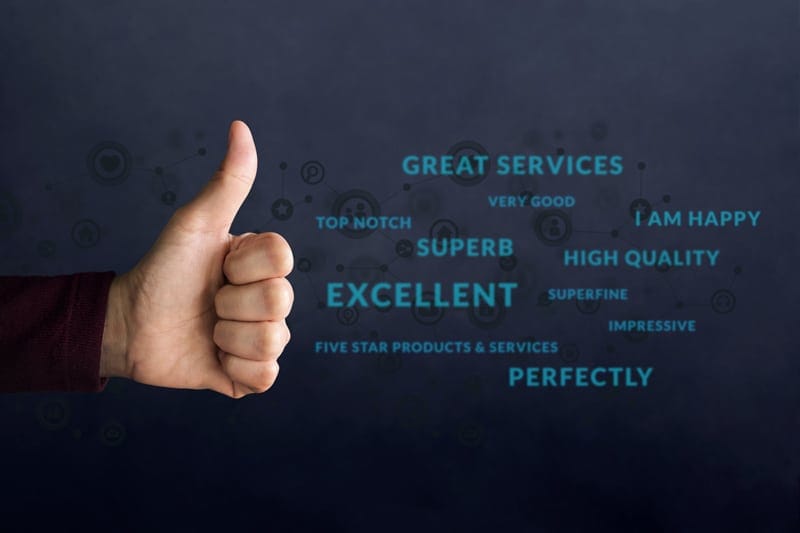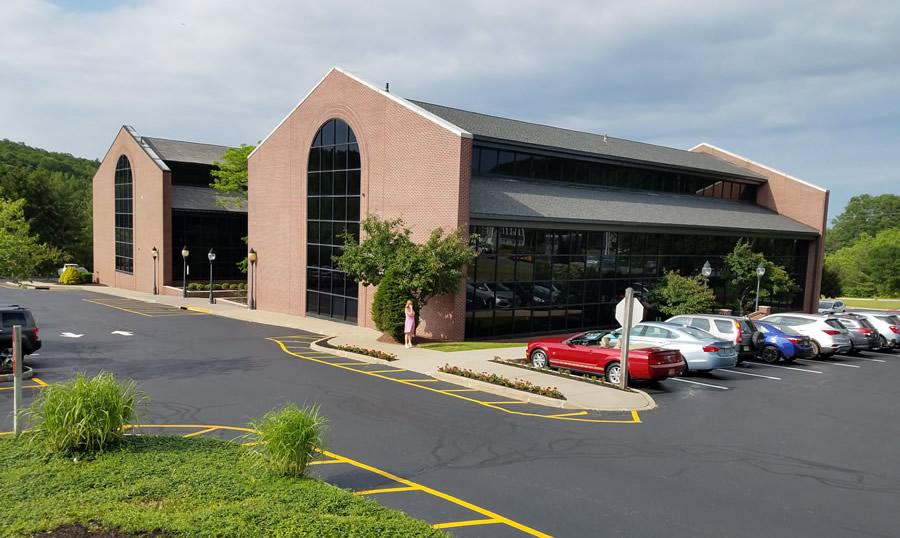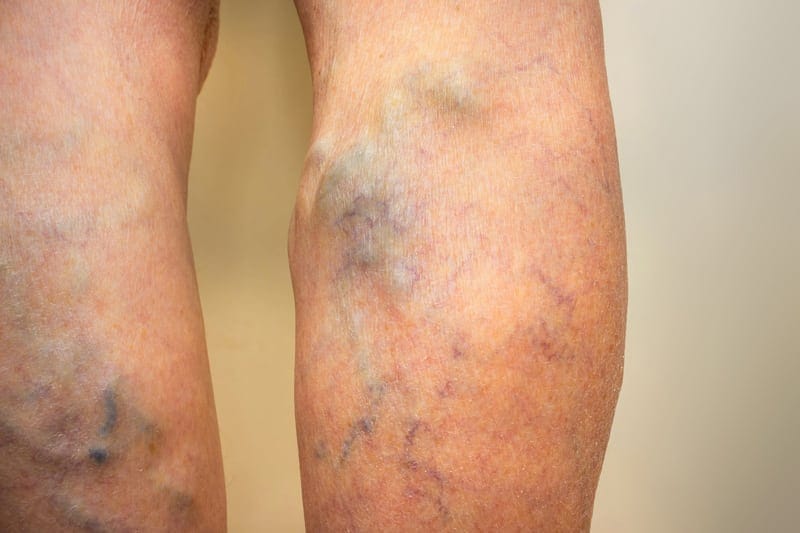
Venous Insufficiency and When to See a Vascular Specialist
What Is Venous Insufficiency?
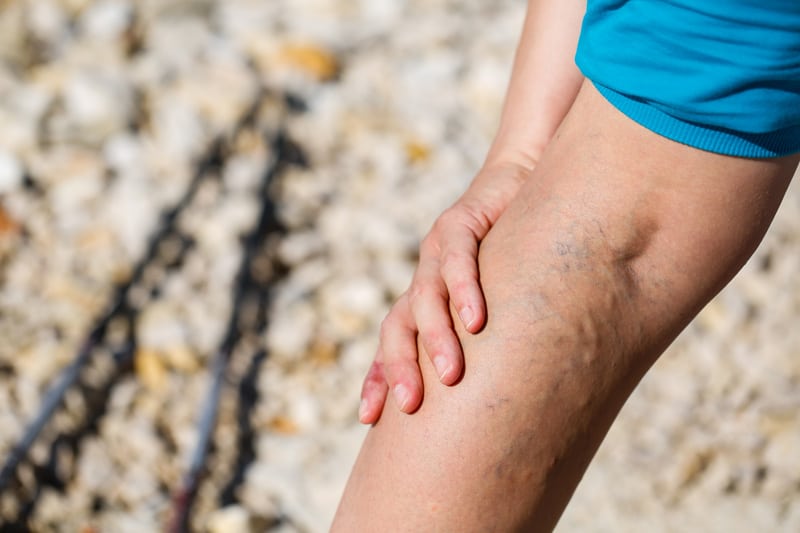
- Blood Clot: A blood clot restricts the flow of blood, and as a result, blood pools below the clot.
- Varicose Veins: Blood leaks back through damaged valves.
- Weakness in the Leg Muscles: May result in squeezing the blood forward.
Is Venous Insufficiency Painful?
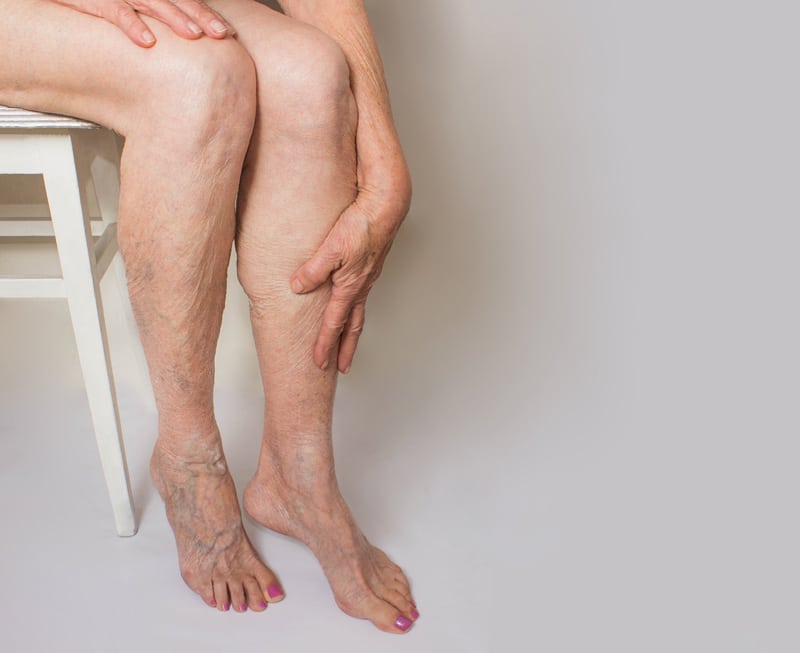
Some people experience a feeling of heaviness in the leg, while others may describe their discomfort as achiness. An itching or throbbing sensation may also occur. If the situation has become acute, extreme pain can occur while standing or walking.
Is Venous Insufficiency Life Threatening?
If left untreated, however, venous insufficiency can result in loss of cosmesis in addition to serious complications, such as thrombosis, ulcers, or bleeding.
Why Vein Disease Should Never Be Ignored
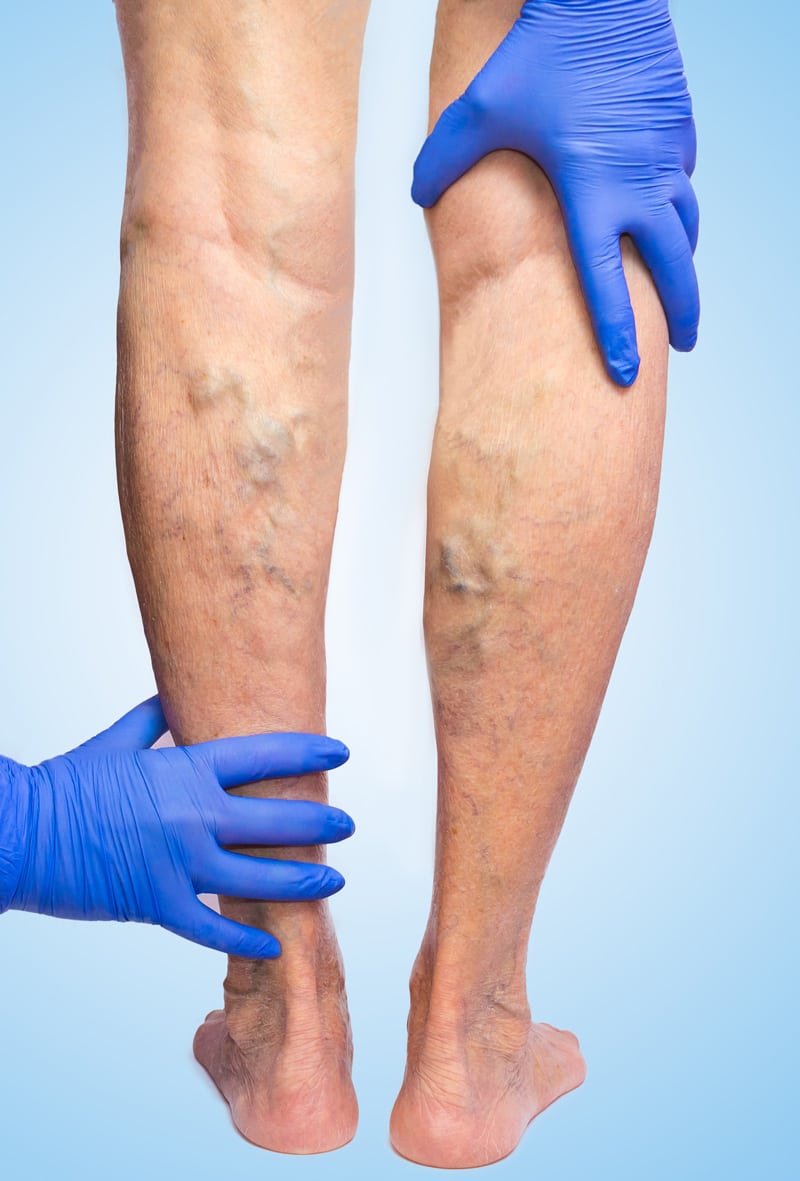
Veins and arteries are an integral part of this system, as they are responsible for transporting blood to and from the heart.
Veins bring blood back to the heart and are prone to complications since they must work against gravity.
Left untreated, vein-related complications like vein disease can cause serious health complications.
What Happens When Vein Disease Is Left Untreated
Discolored, Itchy Skin
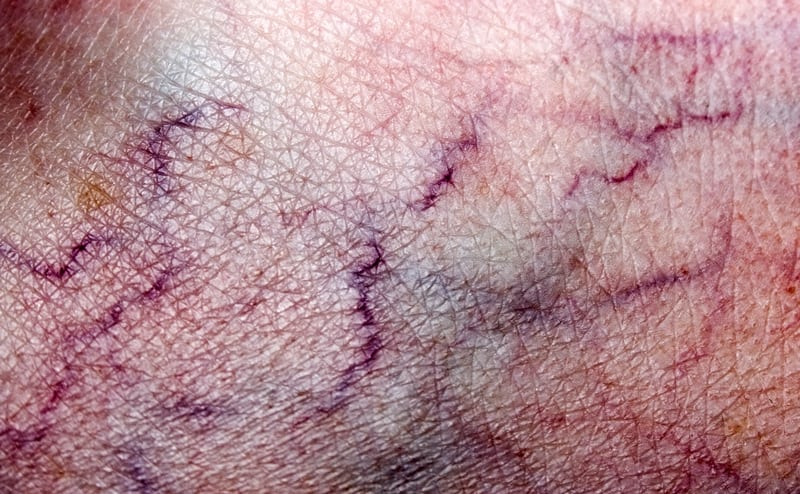
Cellulitis
When cellulitis sets in, the risk of a lethal bacterial infection sepsis increases dramatically.
Ulcers and Spontaneous Bleeding
Ulcers caused by untreated vein disease can itch, burn, cause rashes, and dry out skin. They may be a brown color and ooze or bleed with a foul-smelling substance.
DVT
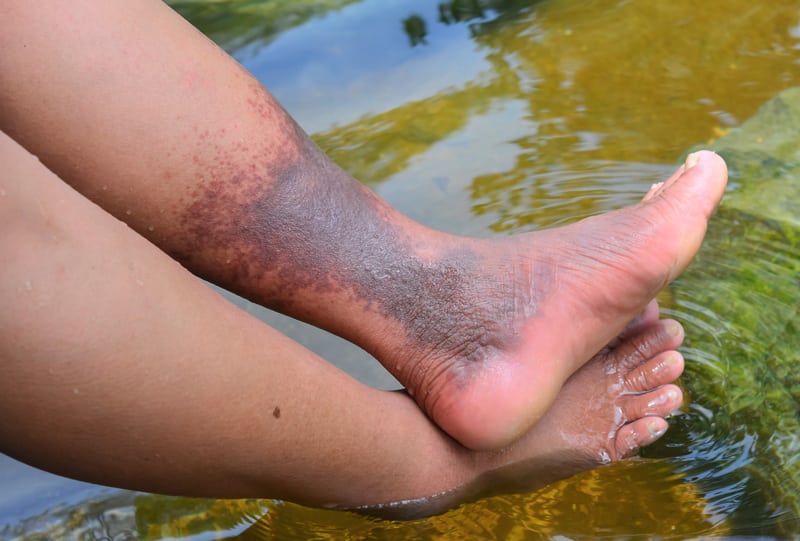
When a clot is created because of untreated vein disease, a pulmonary embolism can occur. This occurs when a blood vessel becomes blocked by a clot that has traveled to the lung.
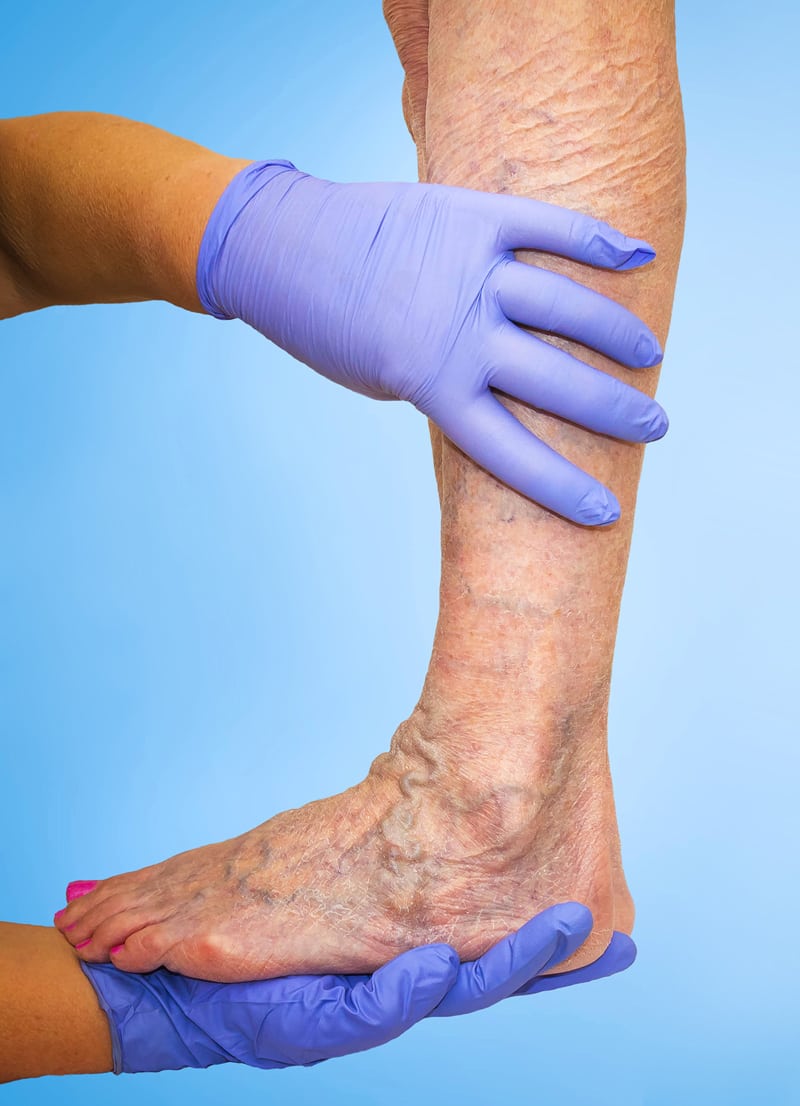
When you have concerns about the health of your veins, contact the New Jersey Vein and Vascular Center for diagnosis and treatment of vascular disorders.

